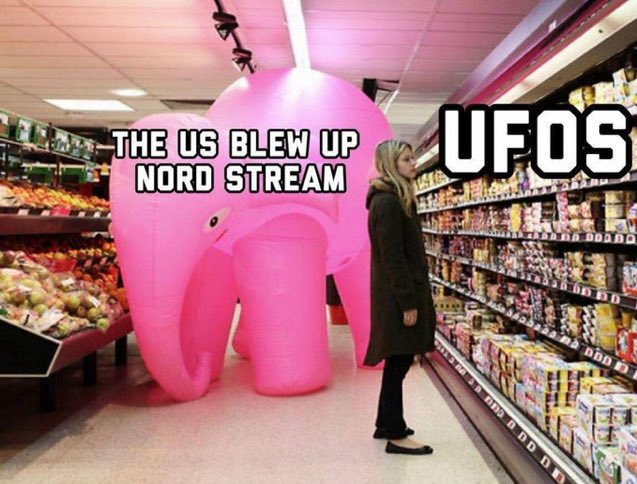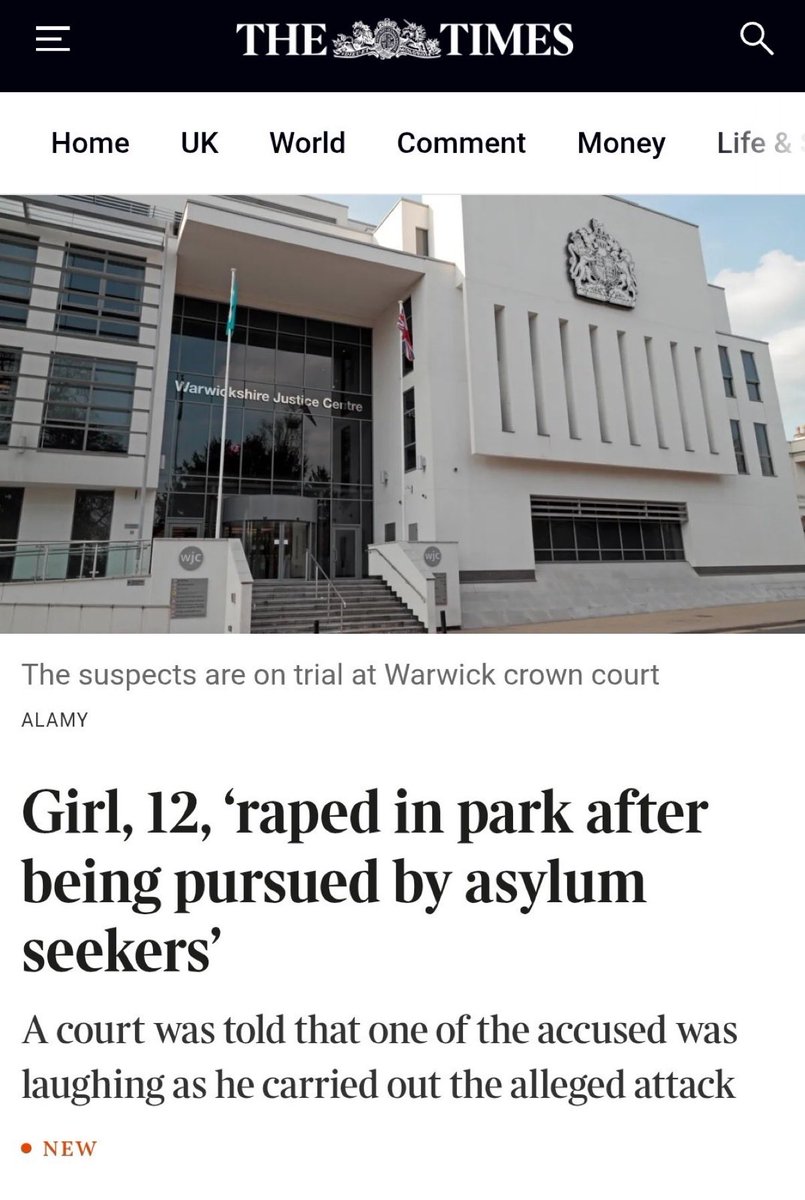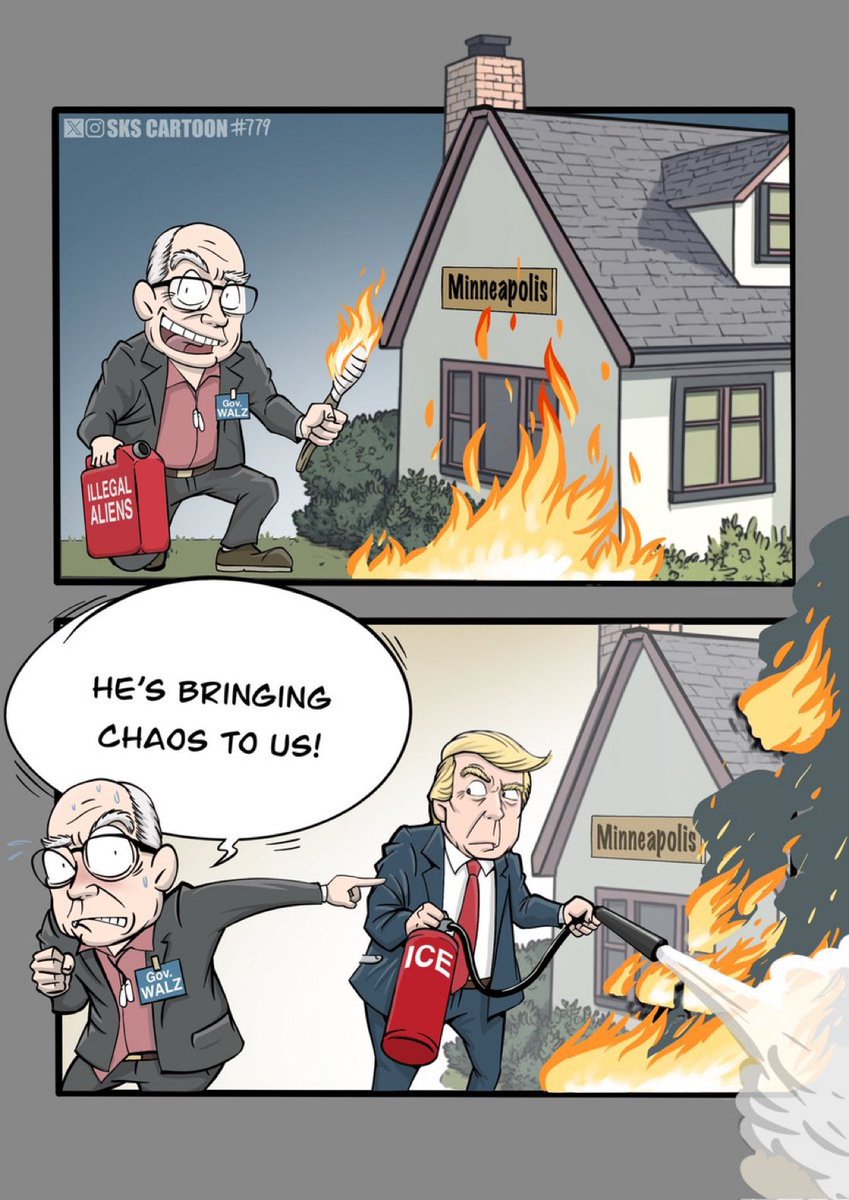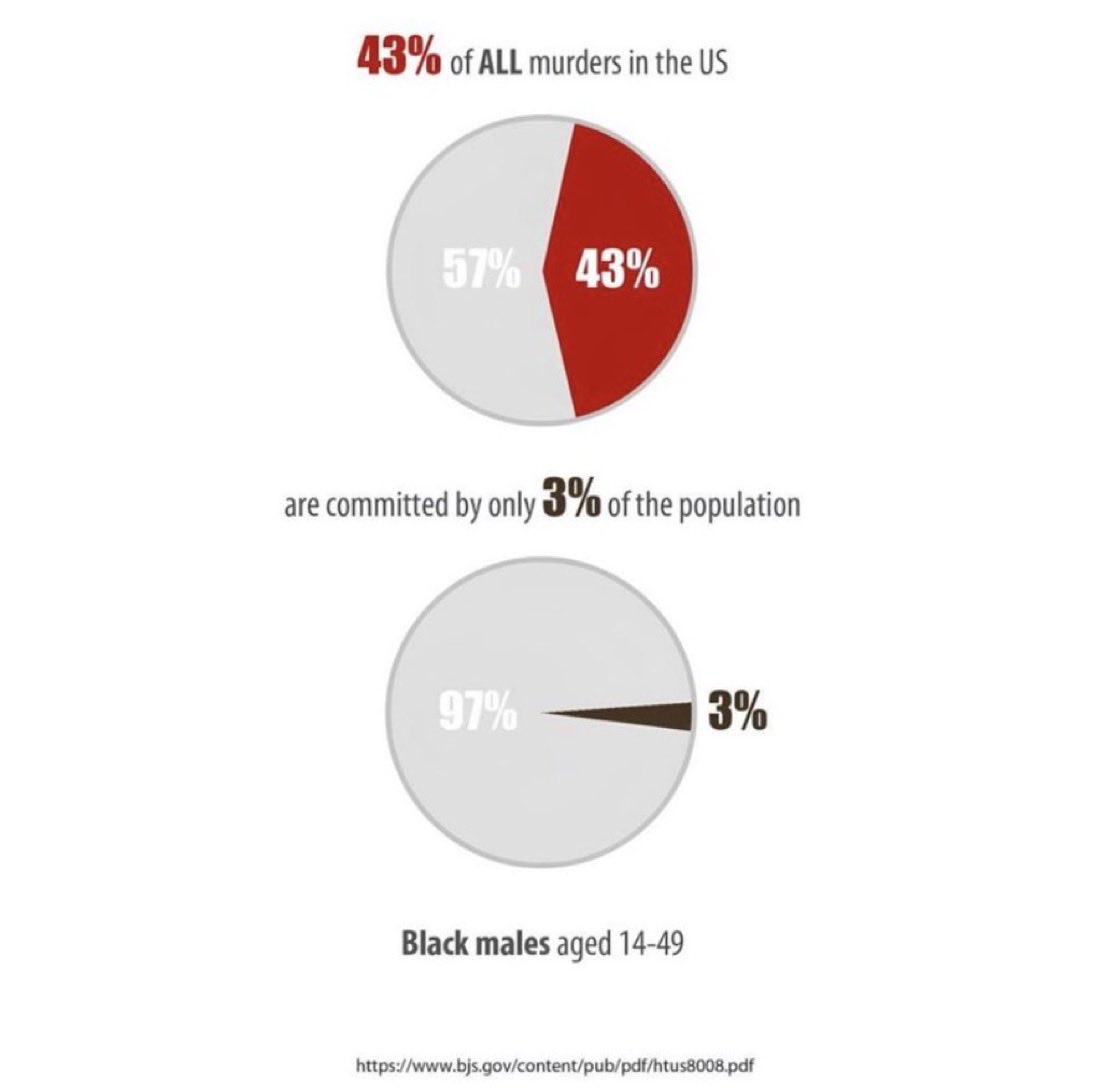Lots of #ConspiracyTheories lately that are coming true despite the fact that your #government or #media don’t cover them. There is always a doubt in public mind that any event that causes more harm to the current establishment than favor by covering that even in detail is… twitter.com/i/web/status/1… 
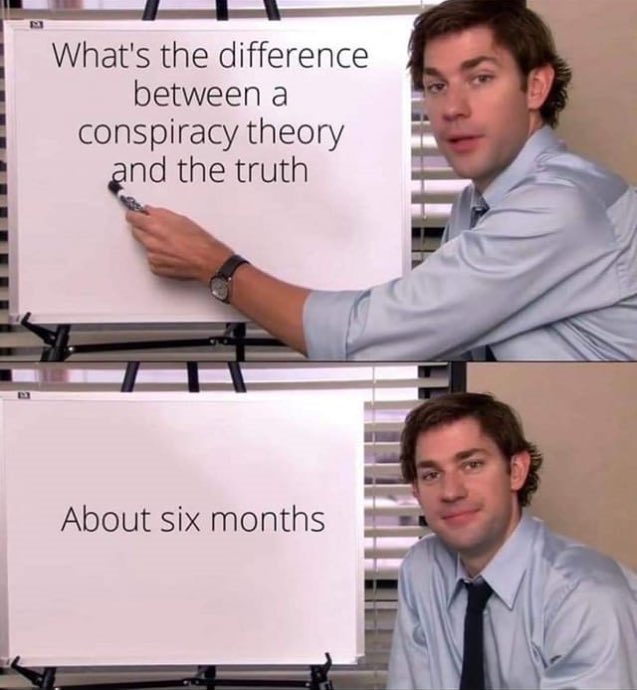
A prev thread 🧵 on the same
https://twitter.com/deepbluecrypto/status/1623017165774327814
Here’s one from prev thread
https://twitter.com/deepbluecrypto/status/1625245497081360404
Is there an organized crime being committed at a large scale across the country attacking our infrastructure including the waterways, railways, water supply, electricity grid etc.
The EPA released the complete list of chemicals from #OhioTrainDisaster and there seems to be more to the disaster than we assume currently
https://twitter.com/kanekoathegreat/status/1625265887933788160
#ConspiracyTheories are like teaser trailers of an upcoming movie 

100% truth spoken by Gonzalo here
https://twitter.com/gonzalolira1968/status/1625447761918189569
This is how they silence mainstream media… this is how they control their narratives on what people see & hear 

How Ohio polled in the election results has nothing to do with what Biden administration is doing for Ohio…
It’s just a #conspiracytheory
It’s just a #conspiracytheory

Netflix released a movie in 2022 called “White Noise” about a train crash in a sleepy Ohio town and how a chemical explosion forced people to evacuate
As I’ve said #ConspiracyTheories are preview trailers of impending reality
As I’ve said #ConspiracyTheories are preview trailers of impending reality
Breaking: Russia has deployed nuclear weapon armed ships in the Baltic Sea.
Nuclear WW3 threats are just around the corner and our NATO leaders are cheering it on.
Nuclear WW3 threats are just around the corner and our NATO leaders are cheering it on.
https://twitter.com/gabriel64869839/status/1623326201040314370?s=46&t=m6kt4PpYhfAWSshZTm7LiQ
Here’s a #conspiracytheory balloon
To stop #inflation may be you should stop printing money
To stop #UkraineRussianWar may be you should stop NATO advances
To stop #suddendeaths may be you should stop vaccinating people & kids
To stop #PutinWarCrimes may be you should stop blowing up Nordstream
To stop #UkraineRussianWar may be you should stop NATO advances
To stop #suddendeaths may be you should stop vaccinating people & kids
To stop #PutinWarCrimes may be you should stop blowing up Nordstream
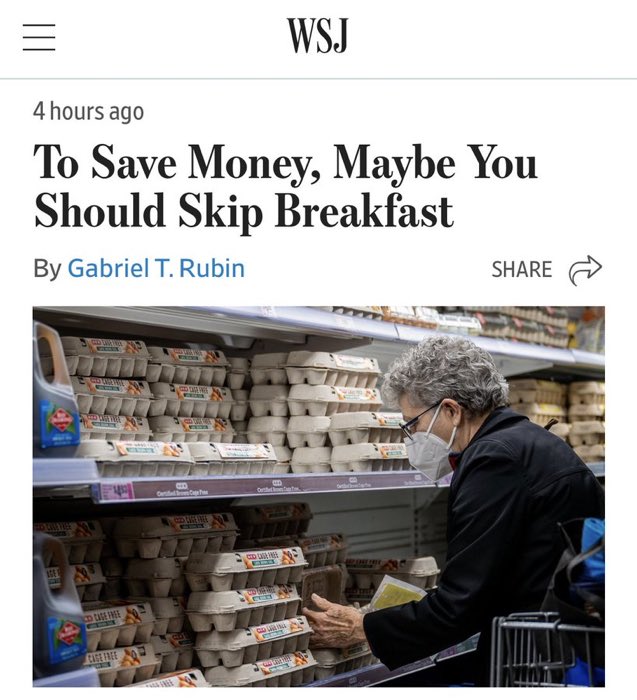
A truck overturned with hazardous material and a hazmat situation has been announced
Reporter (@Kogz) on the ground in East Palestine says the entire town smells like chemicals.
Instead of sending 100s of billions to Ukraine, we should some of it to Ohio for cleanup. Stop claiming that the air is safe to breathe and water is safe for … twitter.com/i/web/status/1…
Instead of sending 100s of billions to Ukraine, we should some of it to Ohio for cleanup. Stop claiming that the air is safe to breathe and water is safe for … twitter.com/i/web/status/1…
The same media and governments who guarded your health so well… are guarding your health now as well 
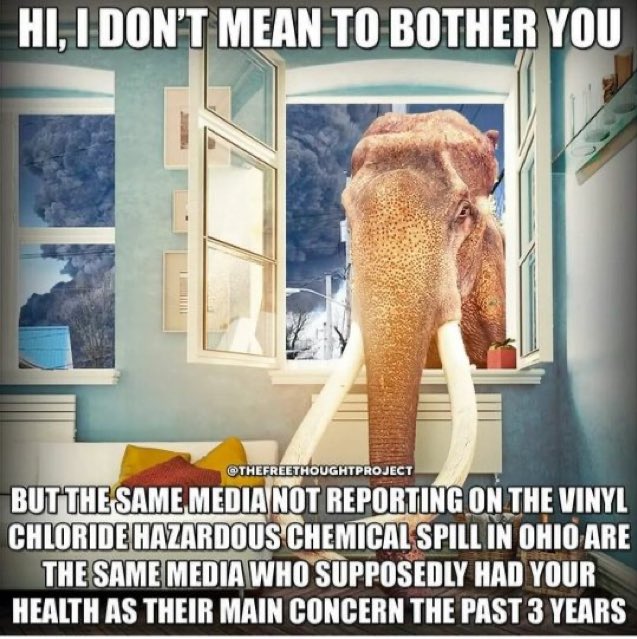
• • •
Missing some Tweet in this thread? You can try to
force a refresh


